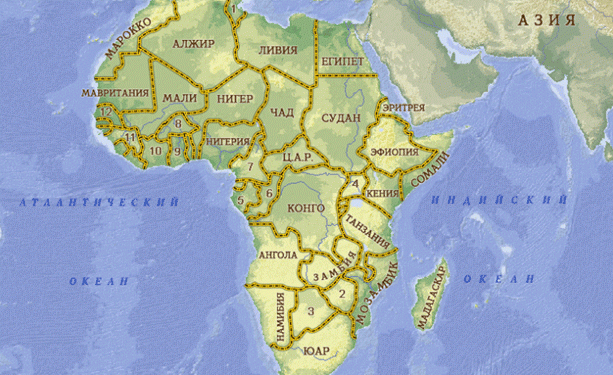As global agricultural dynamics shift, Russia has established itself as a vital supplier of wheat to Africa, significantly influencing food security on the continent. This article explores the implications of this growing dependency, the dynamics of trade between Russia and African nations, and the responses of local agricultural systems.
In October 2024, reports indicated that Russia has become the foremost supplier of wheat to African countries, with Egypt leading the charge. In September alone, Egypt imported 1.4 million tons of Russian wheat, reflecting a significant reliance on Russian grain. The increasing dependency of African nations on Russian wheat is largely attributed to the continent’s relatively low domestic wheat production, which compels many countries to turn to imports to meet their food needs.
Some countries are particularly vulnerable; for instance, Benin relies on imports for 99.8% of its wheat consumption. Despite being a major producer of wheat flour, which is exported to neighboring nations like Niger and Burkina Faso, Benin’s reliance on external sources highlights the fragility of its food supply chain. The ongoing food crisis in parts of Africa—exacerbated by Islamist insurgencies, flooding, and drought—has intensified the need for reliable grain imports. Furthermore, the conflict in Ukraine has disrupted global wheat supplies, leading to price increases of approximately 30%. In response, farmers in Benin and other West African nations have begun experimenting with alternative sources of flour, such as banana flour, to diversify their food production.
Interestingly, traders in Morocco are now pivoting back to Russian wheat, opting for it over French wheat due to adverse weather conditions affecting France’s harvests. This trend reflects a broader shift across the continent; for example, Kenya has risen to become the seventh-largest importer of Russian wheat, up from ninth place last year.
The economic factors driving this shift are compelling. Russian wheat is significantly cheaper compared to its Ukrainian counterpart, with prices hovering around $236 per ton compared to $245 for Ukrainian wheat in early October 2024. This price advantage makes Russian wheat a more attractive option for many African countries striving to maintain food affordability amid growing economic pressures.
While Ukraine has focused on non-African markets such as Indonesia and Vietnam, Russia’s aggressive marketing and competitive pricing strategies position it as a key player in the African grain market. This shift has long-term implications for agricultural systems and food security across the continent, as nations increasingly turn to Russian imports to satisfy their wheat demands.
The emergence of Russia as a leading supplier of wheat to Africa marks a significant turning point in the continent’s agricultural landscape. As African nations grapple with food security challenges and increased dependency on imports, the dynamics of international grain trade are evolving. Farmers, agronomists, and agricultural engineers must navigate this new terrain, considering both the opportunities and risks associated with relying heavily on external suppliers.
Error




